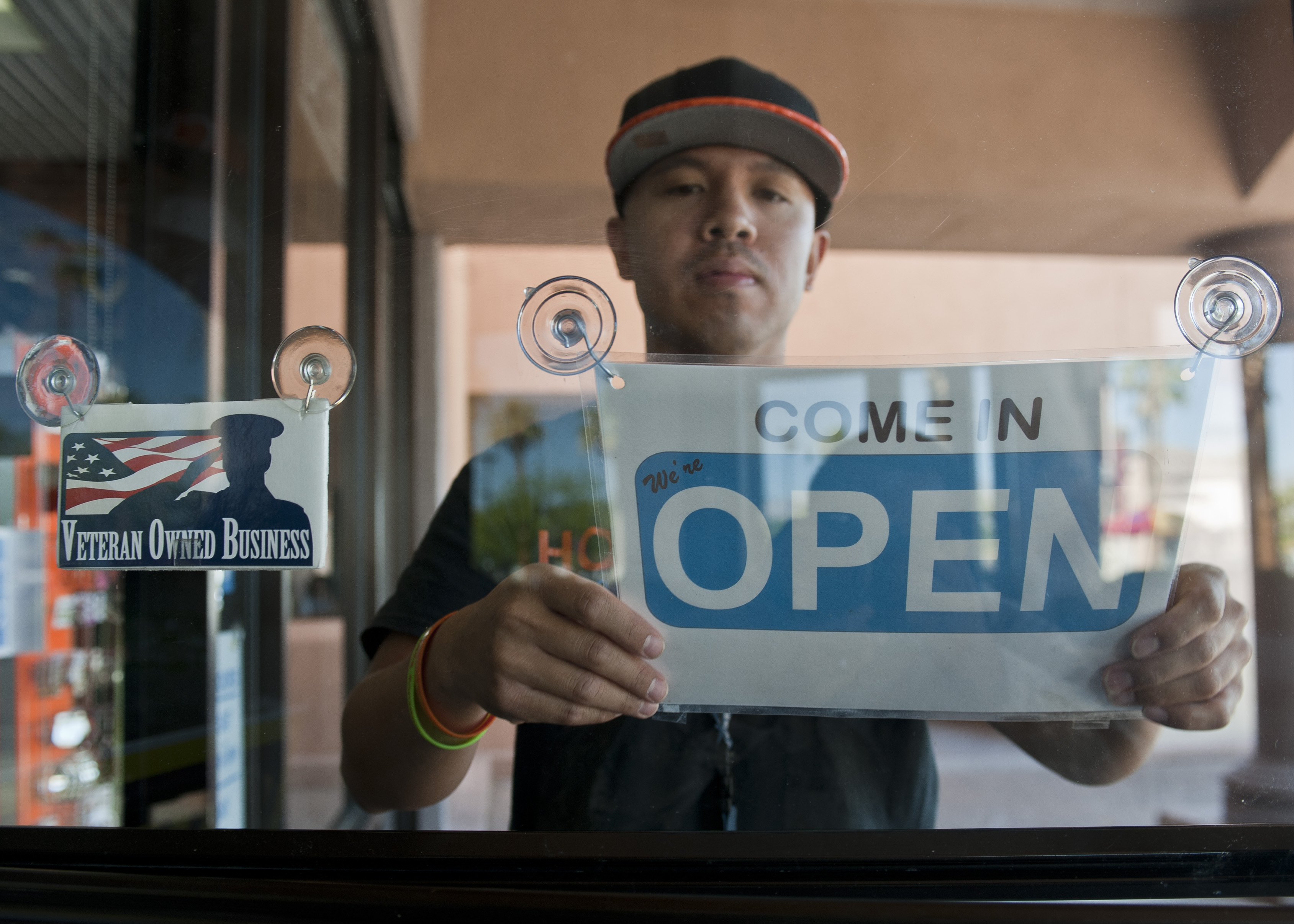Generally, under New York law, the Department of Labor will not allow business owners and independent contractors to collect unemployment benefits even though they do not earn compensation. As long as an employee is working as a business owner, even without remuneration or profit, New York law considers him employed.
MATTER OF LASKER v. Commissioner of Labor, 2017 NY Slip Op 7924 - NY: Appellate Div., 3rd Dept. 2017:
"Claimant was president and a 50% shareholder of a corporation engaged in the check cashing business. The business was sold in November 2010, payable in 72 monthly installments, and the name of the corporation was changed. Claimant filed a claim for unemployment insurance benefits effective February 21, 2011 and began receiving benefits. The Department of Labor thereafter found that claimant was ineligible to receive unemployment insurance benefits, effective from February 21, 2011 until the reason for his ineligibility no longer exists, because he was not totally unemployed during the time that he received benefits, and charged him with recoverable overpayment, reduced his right to receive future benefits by 704 days and imposed civil penalties. Following a hearing, an Administrative Law Judge found that claimant was ineligible to receive benefits from February 21, 2011 to December 11, 2012, but otherwise upheld the Department's determinations. The Unemployment Insurance Appeal Board affirmed, and claimant now appeals.
We affirm. "[W]hether a claimant is totally unemployed for purposes of receiving unemployment insurance benefits is a factual question for the Board and its determination will be upheld if supported by substantial evidence" (Matter of Robinson [Commissioner of Labor], 125 AD3d 1038, 1039 [2015], lv dismissed 26 NY3d 953 [2015]; accord Matter of Roberson [Commissioner of Labor], 142 AD3d 1259, 1260 [2016]). "[A] corporate officer who performs activities in connection with the winding up of a corporation will not be considered totally unemployed, even if his or her activities in this regard are minimal" (Matter of Bigelow [Commissioner of Labor], 13 AD3d 1022, 1022-1023 [2004]; see Matter of Bunting [Commissioner of Labor], 61 AD3d 1229, 1229-1230 [2009]; Matter of DeAngelo [Commissioner of Labor], 54 AD3d 468, 468 [2008]; Matter of Downton [Commissioner of Labor], 45 AD3d 1088, 1089 [2007]). Following the sale of the business, claimant took measures in winding up the business during the time period in question, including changing the company name with the Department of State as required by the purchase agreement, distributing the monthly installment payments received from the purchaser of the business, and writing checks from the company account for accountant and counsel fees, taxes, insurance costs, a charitable contribution, office supplies and other business expenses. Under these circumstances, the Board's determination that claimant was not totally unemployed is supported by substantial evidence and will not be disturbed (see Matter of Bunting [Commissioner of Labor], 61 AD3d at 1229-1230; Matter of Downton [Commissioner of Labor], 45 AD3d at 1089). "Contrary to claimant's assertion, actual financial gain is not a prerequisite to a finding that a claimant is not totally unemployed" (Matter of DeAngelo [Commissioner of Labor], 54 AD3d at 469 [citation omitted]; see Matter of Rance [Hudacs], 196 AD2d 930, 930 [1993]).
To the extent that claimant challenges the finding of a recoverable overpayment and the assessment of penalties, the record reflects that claimant denied working as an officer of a corporation in his application for benefits, despite signing the purchase agreement as the seller's president and being listed as the corporation's chief financial officer of the renamed corporation with the Department of State. Further, he did not report any of his activities in winding up the business when certifying for benefits. Accordingly, we decline to disturb the Board's finding that claimant made willful false statements in order to obtain benefits and was therefore subject to a recoverable overpayment and penalties (see Matter of Connell [Commissioner of Labor], 82 AD3d 1437, 1439 [2011]; Matter of Bunting [Commissioner of Labor], 61 AD3d at 1230)."








According to the NY Times, the proposed Senate bill would cover the self-employed. See https://www.nytimes.com/article/coronavirus-stimulus-package-questions-answers.html?action=click&module=Spotlight&pgtype=Homepage
ReplyDelete